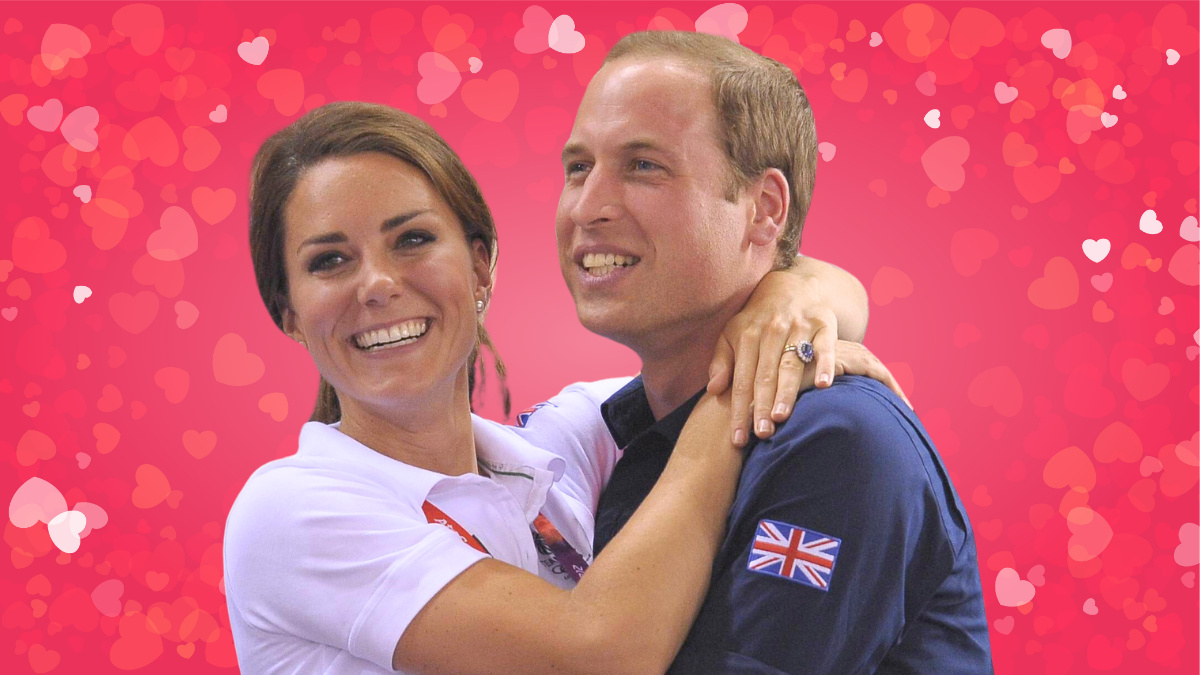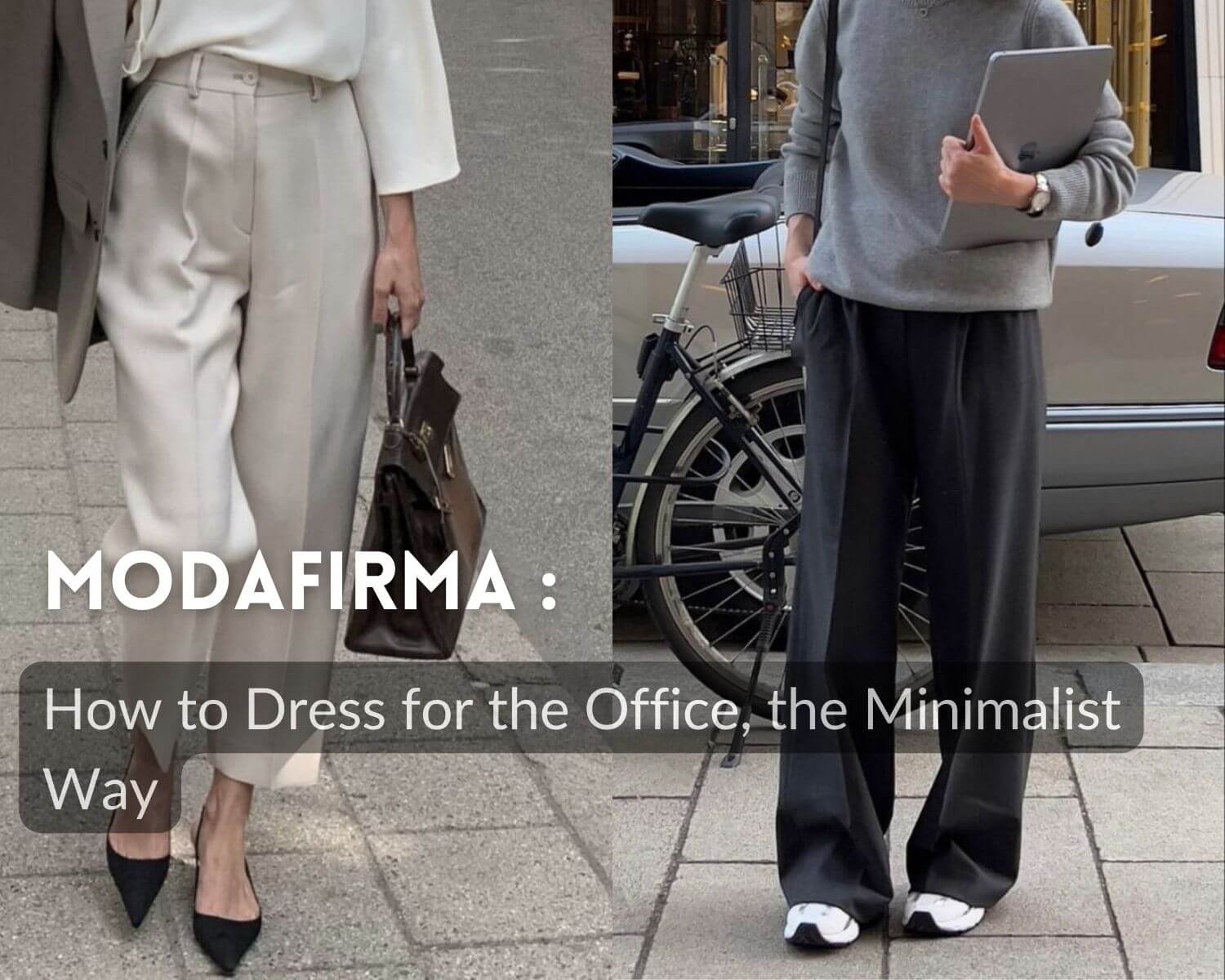Table of Contents
Susanna Reid has debuted a brand new haircut, with fans praising her updated style for helping her “age backwards”.
The GMB presenter, 52, was back on screen this morning after a summer break and revealed a fresh trim, having had her regular shoulder-length locks chopped into an on-trend bob.
Just hours before her return to work, Reid shared a glimpse of her new look on X, formerly known as Twitter, posing for a mirror selfie.
“New term – new trim!” she captioned the image. “Back @gmb tomorrow with @edballs. Looking forward to seeing you from 6am.”
After sharing the image of the shorter style, fans were quick to compliment the breakfast host on her new look.
“You’re ageing backwards Reid!” one user commented, while another added: “Look beautiful, like the new hairdo, suit it shorter.”
“Absolutely luv that new hairstyle on you,” yet another user wrote. “Really looks great. I’m a hairdresser and I’m guessing we will be having a few clients asking for a Susanna.”
Read more: From Helen Mirren’s blue hair to Kate’s fringe, memorable celebrity hair changes (Yahoo Life UK, 4-min read)
The psychology of a new hair style
The fact that so many were keen to comment on Reid’s new look, is an example of how invested we are in the superficial entity that is hair.
The importance of hair was previously demonstrated in a study measuring participants’ emotions after receiving a new haircut with the fresh look found to improve a range of happiness indicators including joyfulness, relaxation levels, and subjective energy levels.
Further evidence of our hair investment was also illustrated by British hairstylist Andrew Collinge, who set out to find out how often women change their hair, and more importantly the reasons they decide to make the change.
In the survey, of 3000 women, he discovered that on average women change their hairstyles up to 104 times in their lifetime and switch the colour at least three times.
Reasons cited for the big snip include 44% who said they did it because they were bored, 61% just wanted to change things up.
A quarter 25% hit up their hairdresser to “re-invent” themselves, and just over a third (38%) thought a new do would make them feel more confident.
But why can changing our hair have such a big impact?
According to psychologist and relationship expert Barbara Santini, it is much deeper than a simple change of style.
“Let’s get something straight: A haircut is never ‘just a haircut’,” she explains. “This is about metamorphosis. When you shear those locks, you’re often cutting away more than just hair—you’re casting off an old identity, even if temporarily.”
She says we should think of it as “hitting the ‘refresh’ button on our life browser. Suddenly, we’re the artist, and our hair is the canvas”.
The end result? A revitalising wave of confidence, freedom, and sometimes, unexpected courage to face pending life changes.
And turns out September, and the back to school/work vibes this particular month brings is the perfect time for a hair transformation.
Santini cites something known as “enclothed cognition”, which is the psychological theory that clothes can significantly influence a person’s mental state and performance, and says there is a similar effect witnessed when you switch up your locks.
“Hair is the crown you never take off,” she explains. “As summer wanes and we prepare for a fresh academic or professional chapter, a hairstyle overhaul serves as a form of mental gearing up.
“It’s not just about physical appearance; it’s about signalling to your brain that a new season of productivity, social interaction, and perhaps even romance is upon us. You’re not just styling your hair; you’re styling your mindset for what lies ahead.”
Watch: Susanna Reid celebrates 20 years on breakfast television
Yet, this isn’t a one-size-fits-all formula.
“For some, a botched haircut can bring on feelings of regret or identity loss,” says Santini. “This duality is what I call the ‘hair paradox’, a phenomenon where the very object designed to empower us can also, in less successful ventures, deflate our emotional sails.”
Read more: The psychology of colouring your hair (Yahoo Life UK, 5-min read)
And it isn’t just cutting your hair, that can have an impact on our emotions, growing it longer could also have a knock-on effect on confidence.
Last week journalist Harriet Walker appeared on Lorraine discussing long hair and how it is often frowned upon for women in their mid-life or beyond to grow their hair long.
She argues there is no “age-limit” on long hair and explains that her longer length has become something of a “security blanket”.
Santini agrees that when it comes to the bias in hairstyles for older women it is time to let go of age-old stigmas.
“Society, in its elusive wisdom, often relegates older women to a corner where long, flowing hair is suddenly deemed ‘inappropriate’ or ‘trying too hard’,” she says.
“But this is more than just aesthetic ageism; it’s an assault on personal liberty and emotional wellbeing.”
So if, like Susanna Reid, you’re contemplating whether to keep or cut your hair, consider this: Your hair is an archive of your life experiences, a testament to your unique journey.
“To cut or not to cut is your decision, and it should be one, that amplifies, not silences, your sense of self,” Santini concludes.






